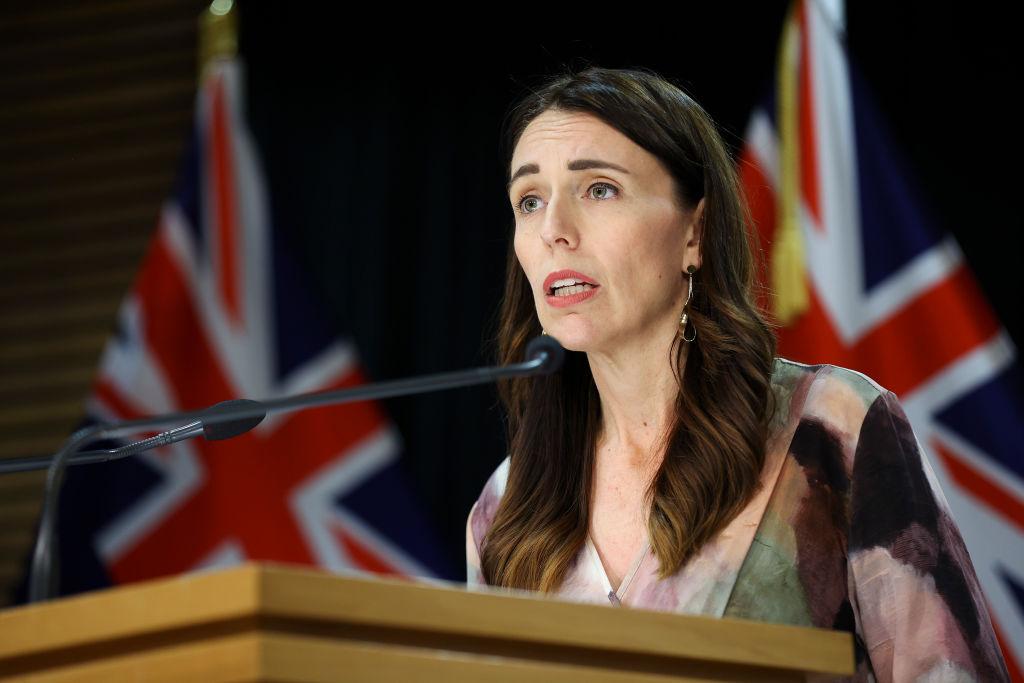New Zealand Prime Minister Jacinda Ardern says the interests of the Chinese regime are becoming “harder to reconcile” on the world stage, while noting that the differences don’t define relations between the countries.
Ardern’s comments come just weeks after her government endured stinging criticism from UK politicians over Foreign Minister Nanaia Mahuta’s reluctance to see the Five Eyes’ arrangement expanded into other areas, including human rights dialogue.





